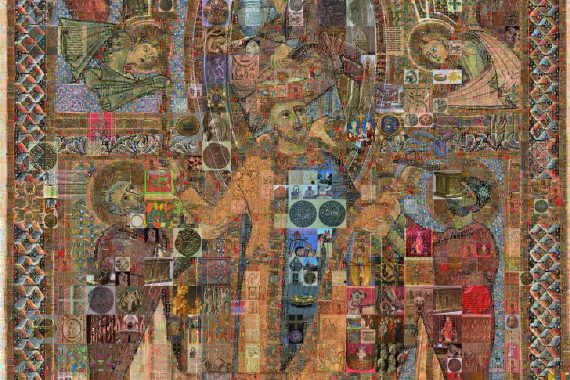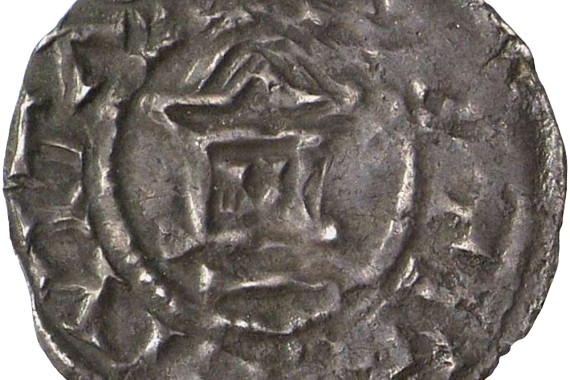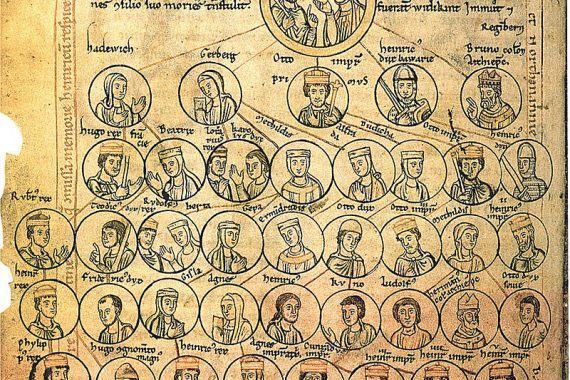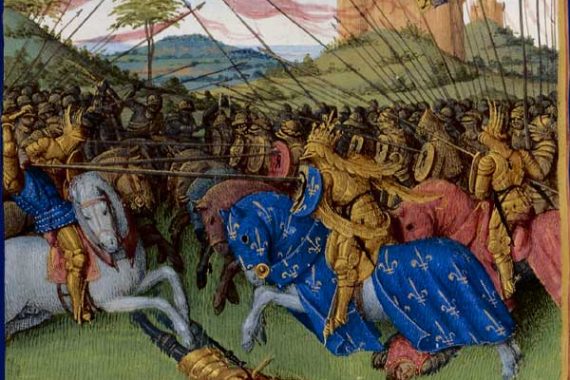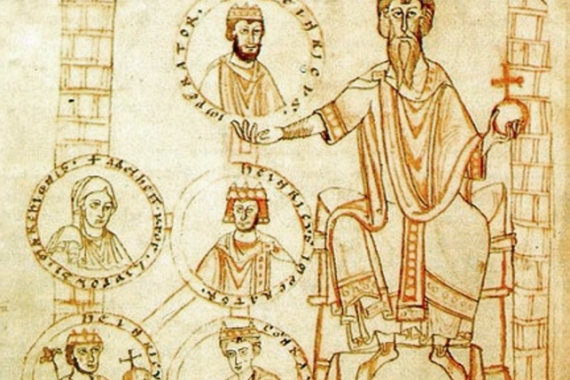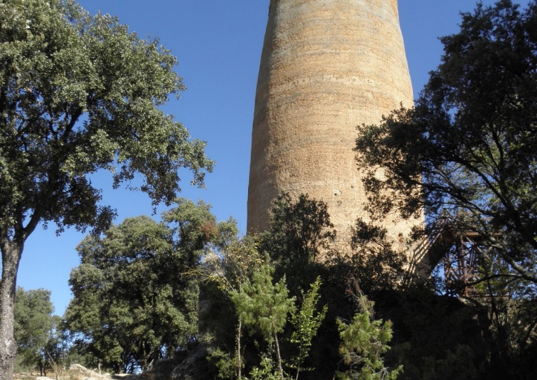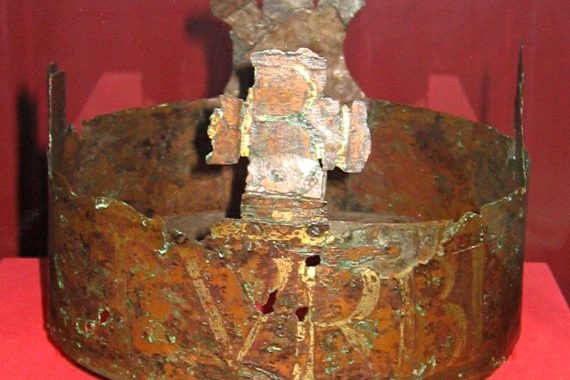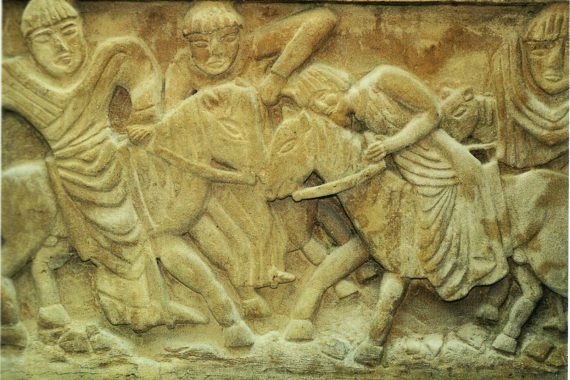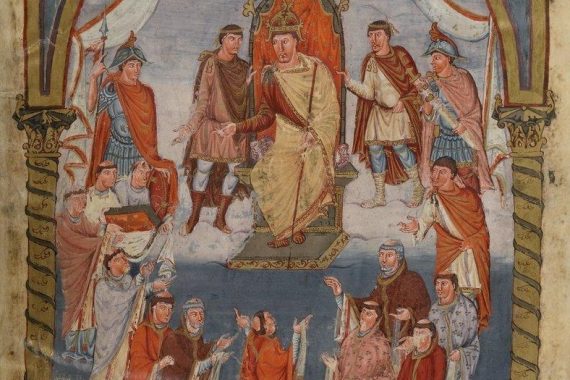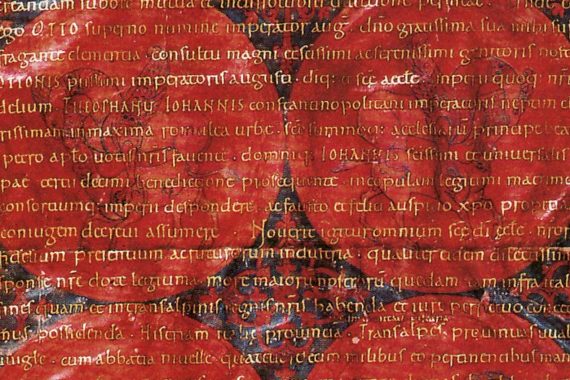Conference report: Uses of the Past in Times of Transition. Forgetting, Using, and Discrediting the Past
From the 30th of May to the 1st of June, 2019, the Austrian Academy of Sciences hosted the final conference of the After Empire project in Vienna. The conference brought together scholars working on post-Carolingian Europe with those working on other regions experiencing their own ‘times of transition’. Like many of the speakers, several of the moderators…

